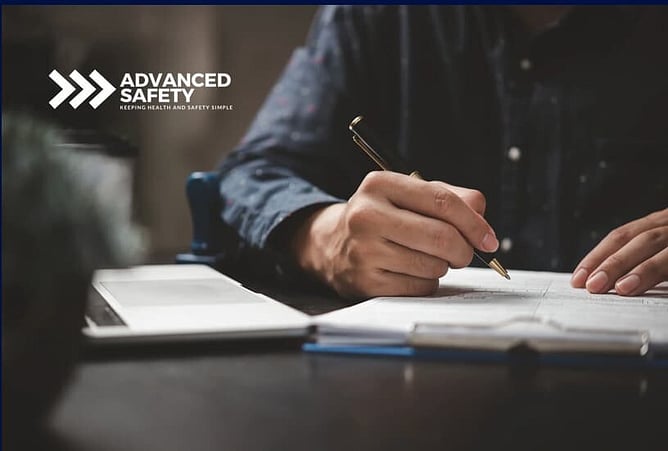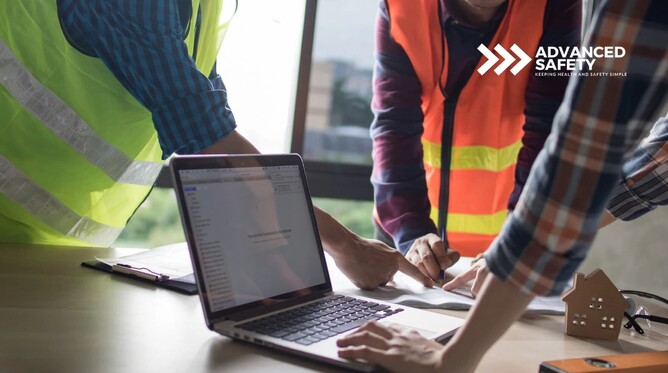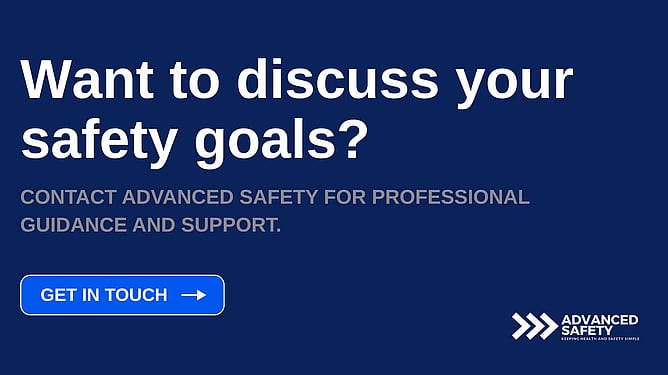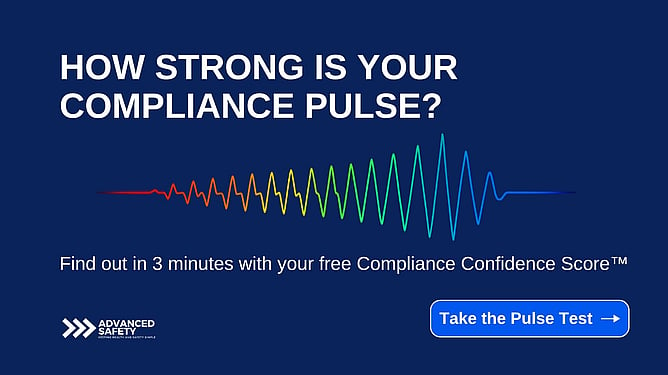What Is a PCBU in New Zealand? Responsibilities, Duties and Real-World Implications
Understanding what a PCBU is in New Zealand is essential for anyone responsible for workplace health and safety.
Under the Health and Safety at Work Act 2015 (HSWA), the term PCBU sits at the centre of how responsibility for health and safety is assigned. It replaces the old employer–employee model with a broader, more realistic framework that reflects how work is actually done today.
This guide explains:
what PCBU means in plain English
who is responsible as a PCBU
how PCBU duties apply in construction and shared workplaces
common compliance gaps
and how PCBUs meet their obligations in practice
What Does PCBU Stand For in New Zealand Workplace Law?
PCBU stands for Person Conducting a Business or Undertaking.
It is the primary duty holder under HSWA, meaning a PCBU holds the main legal responsibility for ensuring health and safety at work, so far as is reasonably practicable.
The term is intentionally broad. It captures modern working arrangements where responsibility is based on influence and control, not just employment status.
Short answer:
A PCBU is any person or organisation that conducts business activities and has control or influence over work, making them legally responsible for managing health and safety risks.
Who Is Responsible as a PCBU Under HSWA?
A PCBU can be an individual or an organisation. Common examples include:
companies and incorporated entities
sole traders and self-employed people
partnerships and trusts
government departments and councils
schools, charities, and not-for-profits (if they employ staff)
contractors and subcontractors
In construction and infrastructure projects, multiple PCBUs often operate at the same time, each with responsibilities tied to the work they control.
Who Is Not a PCBU?
workers (employees)
officers (directors, executives – they have separate due diligence duties)
volunteer associations with no employees
This distinction matters. Workers have duties, but PCBUs hold the primary duty of care.
What Is the Primary Duty of Care for a PCBU?
The primary duty of care requires PCBUs to ensure, so far as is reasonably practicable, the health and safety of:
workers they engage or influence
other people who may be affected by the work
This includes responsibility for:
a safe work environment
safe plant, structures, and substances
adequate welfare facilities
appropriate training, supervision, and instruction
monitoring worker health and workplace conditions
“Reasonably practicable” does not mean doing the minimum. It means balancing risk, knowledge, available controls, and cost in a defensible way.
Is a Self-Employed Person a PCBU?
Yes.
In most cases, a self-employed person is a PCBU.
They must manage risks to themselves and others affected by their work. This is especially relevant for trades, contractors, consultants, and gig workers operating on client sites.
PCBU Responsibilities in Construction and Shared Workplaces
Construction projects almost always involve overlapping PCBU duties.
Examples include:
a principal contractor
multiple subcontractors
designers, suppliers, and plant owners
the site owner or client
HSWA requires PCBUs to consult, cooperate and coordinate to manage shared risks. This does not mean duplicating systems – it means clarity of roles and communication.
Failures in this area are a common factor in WorkSafe enforcement, including cases like KiwiRail and port operations, where changes in infrastructure or control arrangements were not adequately reassessed.
Worker Engagement and Participation: A Core PCBU Obligation
PCBUs must actively engage workers on health and safety matters. This includes:
consulting workers when identifying hazards
involving them in risk assessments and controls
supporting Health and Safety Representatives (HSRs) and committees where required
Worker engagement is not optional. It is a legal requirement and a practical safeguard against blind spots.
Common PCBU Compliance Gaps We See
Even capable organisations struggle with:
1. Not Realising They Are a PCBU
Small businesses and sole traders often underestimate their obligations.
2. Overlapping Duties Left Unclear
Assumptions about “who owns the risk” create gaps.
3. Paper-Based Compliance
Excess documentation without verification of real-world practice.
4. Change Not Triggering Review
New equipment, layouts, or contractors introduced without reassessing risk.
These gaps frequently surface after incidents or inspections.
Don't wait for something to happen - proactively manage your workplace safety:
How PCBUs Meet Their Obligations in Practice
Effective PCBUs focus on systems that work, not volume of paperwork.
Key steps include:
maintaining a practical risk register
applying the Hierarchy of Control properly
conducting task-specific risk assessments
managing contractor health and safety proactively
embedding management of change
using digital platforms to report incidents and track actions
This is where structured reviews, such as an under-the-hood compliance assessment, add the most value.
Frequently Asked Questions About PCBUs
What does PCBU mean in simple terms?
A PCBU is the person or organisation responsible for managing health and safety risks in a workplace.
Who is responsible if multiple PCBUs are involved?
Each PCBU is responsible for the risks they control and must coordinate with others.
What services help PCBUs comply with HSWA?
Consulting support, training, risk assessments, audits, and digital safety systems all support PCBU compliance.
Are there software tools for PCBU safety management?
Yes. Many PCBUs use digital platforms to manage incidents, risk registers, training, and contractor onboarding. Take the free quiz to discover the best options for your specific needs here.
Final Thoughts: What Being a PCBU Really Means in 2026
Being a PCBU is not about titles. It is about control, influence, and accountability.
The organisations that perform best are not those doing the most paperwork – they are the ones that regularly pause, reassess risk, and ensure their systems still match reality.
If you are unsure whether your PCBU obligations are being met in practice, that uncertainty is the signal to review.
About The Author
Matt Jones is a HASANZ-registered health and safety consultant and the founder of Advanced Safety. He works with construction, infrastructure, manufacturing, and service organisations across New Zealand to design practical, HSWA-aligned safety systems that stand up in real operating environments – not just on paper







